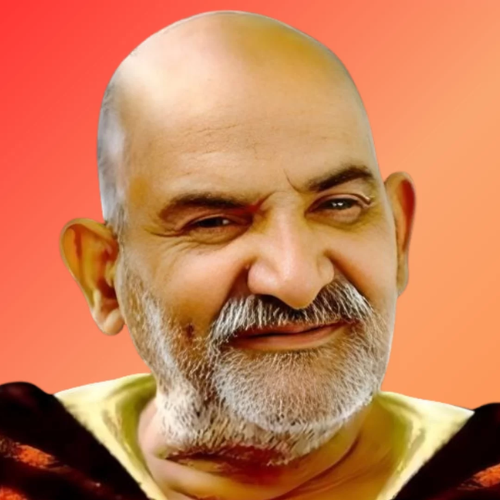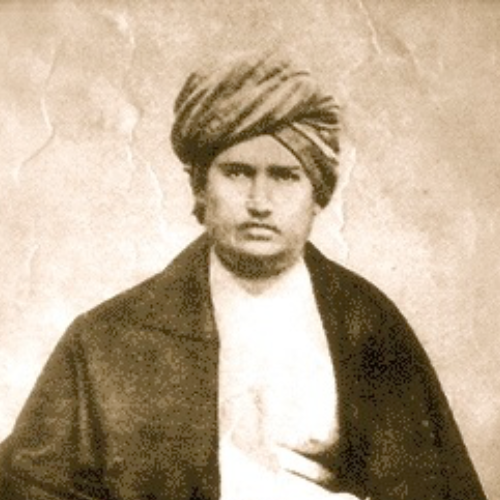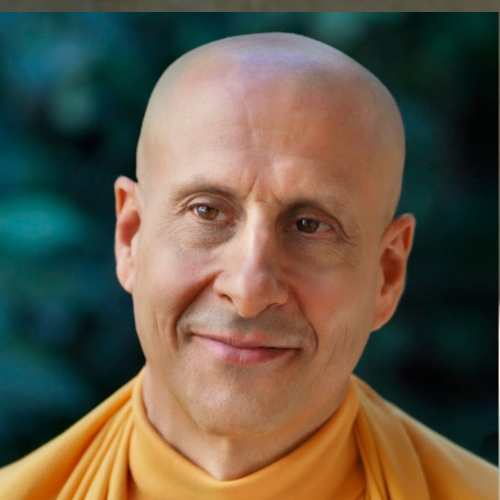Pleasure Quotes
Topics:
Abundance (20)
Advaita (14)
Alone (191)
Angels (16)
Anger (180)
Animals (39)
Art (1407)
Atman (30)
Attachment (98)
Awakening (38)
Awareness (159)
Beauty (129)
Bhakti (16)
Bliss (123)
Body (654)
Brahma (63)
Brahman (39)
Brain (50)
Breath (134)
Buddhism (16)
Change (272)
Compassion (184)
Confidence (38)
Consciousness (328)
Courage (98)
Creativity (79)
Culture (64)
Darkness (83)
Death (254)
Desire (301)
Destiny (28)
Dharma (29)
Discipline (61)
Disease (53)
Divine (249)
Divinity (26)
Dream (107)
Dreams (25)
Earth (173)
Effort (147)
Ego (245)
Energy (132)
Enlightenment (74)
Evil (162)
Evolution (62)
Existence (191)
Eyes (139)
Failure (51)
Faith (224)
Family (77)
Fear (295)
Food (84)
Forgiveness (35)
Freedom (167)
Friend (158)
Future (182)
God (1448)
Grace (115)
Gratitude (43)
Guru (110)
Habits (30)
Happiness (320)
Happy (205)
Harmony (81)
Hatred (52)
Health (94)
Heart (693)
Heaven (128)
Hell (37)
Honor (50)
Human (535)
Humanity (88)
Ignorance (114)
Illusion (72)
Imagination (48)
India (69)
Infinite (141)
Intellect (80)
Intelligence (66)
Intuition (26)
Jesus (106)
Journey (72)
Joy (420)
Justice (69)
Karma (57)
Knowledge (338)
Krishna (101)
Kriya Yoga (827)
Liberation (46)
Life (1404)
Light (479)
Love (1337)
Manifestation (43)
Mantra (25)
Maya (28)
Meditation (281)
Mind (1257)
Miracle (40)
Moment (343)
Money (71)
Music (96)
Nature (389)
Nonviolence (23)
Ocean (112)
Paradise (19)
Past (154)
Patience (70)
Peace (431)
People (623)
Philosophy (43)
Pleasure (119)
Poverty (47)
Practice (287)
Pranayama (14)
Prayer (137)
Purpose (129)
Reality (223)
Religion (200)
Sacrifice (58)
Sadhana (32)
Secret (117)
Seeker (47)
Senses (66)
Service (120)
Silence (160)
Simplicity (26)
Sin (701)
Sleep (76)
Smile (54)
Society (101)
Sorrow (82)
Soul (532)
Sound (65)
Source (138)
Spirit (578)
Spiritual (411)
Success (137)
Suffering (247)
Sun (139)
Surrender (63)
Thoughts (247)
Time (630)
Touch (107)
Truth (506)
Unconscious (44)
Understanding (124)
Unity (135)
Universe (243)
Vedanta (30)
Violence (71)
War (681)
Wealth (107)
Wisdom (170)
Work (382)
World (1043)
Yoga (142)
Zazen (12)
Zen (72)
Pleasure Quotes
As clouds are blown away by the wind, the thirst for material pleasures will be driven away by the utterance of the Lord's name.
Between the banks of pleasure and pain flows the river of life. If you spend much time on either bank you will miss out on life.
Whatever comes is by the will of God, whether pleasure or pain, have patience and accept it as the Lord’s will.
Love is not selective, desire is selective. In love there are no strangers. When the centre of selfishness is no longer, all desires for pleasure and fear of pain cease; one is no longer interested in being happy; beyond happiness there is pure intensity, inexhaustible energy, the ecstasy of giving from a perennial source.
He who walks in the company of fools suffers much. Company with fools, as with an enemy, is always painful. Company with the wise is pleasure, like meeting with kinfolk.
Life is the coexistence of all opposite values. Joy and sorrow, pleasure and pain, up and down, hot and cold, here and there, light and darkness, birth and death. All experience is by contrast, and one would be meaningless without the other.
The world and its pleasures are temporary. With this in mind, continue your sadhana.
The Lord has different names according to His different activities. For example, His name is Madhusudana because He killed the demon of the name Madhu; His name is Govinda because He gives pleasure to the cows and to the senses.
Things can give pleasure to the mind and senses, but only love can give pleasure to the heart. And ultimately, that is what we are looking for.
The lover's pleasure is in the pleasure of the beloved. The lover is satisfied when the beloved is fed. The lover is vain when the beloved is adorned.
For the pleasure of the Lord, His devotees call Him by His Holy Name to render service unto Him, not to fulfill their own desires.
Nature is neither pleasant nor painful. It is all intelligence and beauty. Pain and pleasure are in the mind.
Paravastha is the state of the real “I.” Beyond all pleasure and pain, it is the state of supreme bliss.
It is very pleasant to scratch an itching ring-worm, but the sensation one gets afterwards is very painful and intolerable. In the same way the pleasures of this world are very attractive in the beginning, but their consequences are terrible to contemplate and hard to endure.
What a great thing is understanding! It is priceless. No man can give greater pleasure to his fellow man than by understanding him.
We begin every act of choice and avoidance from pleasure, and it is to pleasure that we return using our experience of pleasure as the criterion of every good thing.
Children (the ignorant) pursue external pleasures; (thus) they fall into the wide-spread snare of death. But the wise, knowing the nature of immortality, do not seek the permanent among fleeting things.
Pleasure is the beginning and the end of living happily. Epicurus taught: Pleasure, defined as freedom from pain, is the highest good.
Nothing will be able to hinder us, if we desire and seek God alone, and take pleasure in nothing else.
God has revealed to me that only the Paramatman, whom the Vedas describe as the Pure Soul, is as immutable as Mount Sumeru, unattached, and beyond pain and pleasure. There is much confusion in this world of His maya. One can by no means say that 'this' will come after 'that' or 'this' will produce 'that'.
The Hereafter does not shine before those who are lacking in the power of discrimination and are easily carried away therefore by the charm of fleeting objects. As children are tempted by toys, so they are tempted by pleasure, power, name and fame. To them these seem the only realities. Being thus attached to perishable things, they come many times under the dominion of death. There is one part of us which must die; there is another part which never dies. When a man can identify himself with his undying nature, which is one with God, then he overcomes death.
The idea of reward and punishment also springs from this law. Whatever we sow, we must reap. It cannot be otherwise. [...] If a person spends all his life in evil-thinking and wrongdoing, then it is useless for him to look for happiness hereafter; because our hereafter is not a matter of chance, but follows as the reaction of our present action. [...] We should, however, never lose sight of the fact that all these ideas of reward and punishment exist in the realm of relativity or finiteness. No soul can ever be doomed eternally through his finite evil deeds; for the cause and effect must always be equal. Thus we can see through our common sense that the theory of eternal perdition and eternal heaven is impossible and illogical, since no finite action can create an infinite result. Hence according to Vedanta, the goal of mankind is neither temporal pleasure nor pain, but Mukti or absolute freedom; and each soul is consciously or unconsciously marching towards this goal through the various experiences of life and death.
Meditating for a short period is like getting fuel to keep the body and mind functioning throughout the day, through good and bad, pleasure and pain.








